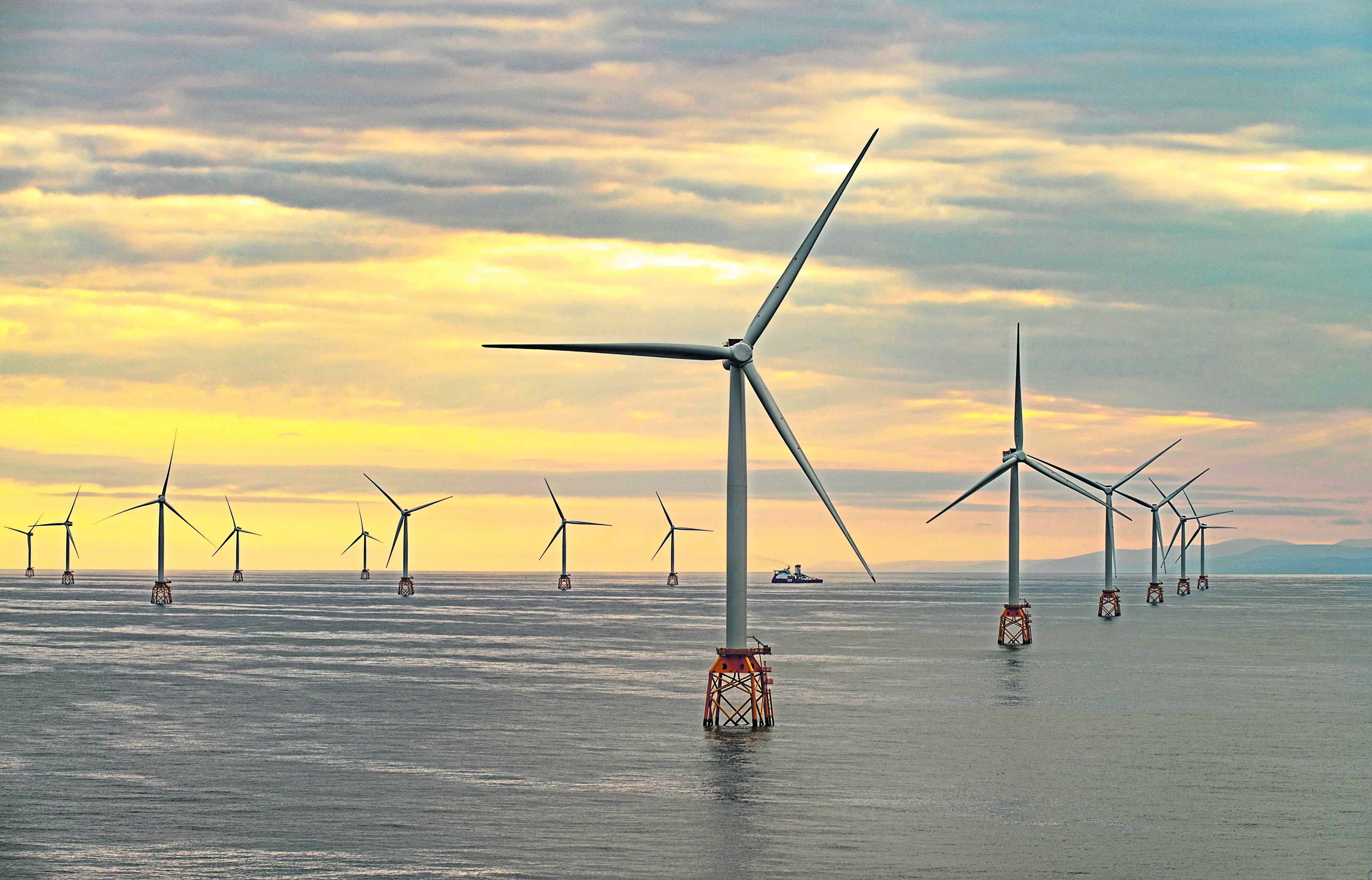
There was probably much searching of “Who’s Who?” last month when Amber Rudd was anointed as secretary of state at DECC and Andrea Leadsom emerged as energy minister in the same department.
The first slight surprise was that the department still existed. With the Liberal Democrats having committed hari-kari, it would not have been a surprise if energy and the green bits which surround it were reunited with the world of business and enterprise at 1 Victoria Street.
Ms Rudd is an Edinburgh University graduate, a banker and clearly has been on a bit of a fast track in government, as PPS (parliamentary private secretary) to the chancellor of the exchequer and latterly as a junior minister in DECC.
Indeed, it is a CV which suggests competence and ambition.
Curiously, Ms Leadsom has followed a roughly similar route. She too was a banker and her foothold in Government was under George Osborne’s tutelage. The pattern might suggest that energy policy will be more closely attuned than ever to the Treasury’s wishes and their mission will not be one of largesse.
My guess is that the oil & gas sector does not greatly care who their ministers are or where they came from so long as they show a respectful interest, carry on implementing the Wood recommendations and – very important – stay around for a while, rather than being shuffled off at the first opportunity as is the norm.
If my Treasury theory is correct, then there should be a reasonable chance of this happening. It must surely have dawned on the collectors of revenue that the sector needs to be treated with greater respect and continuity than in the past, if the golden eggs it has laid for 40 years are going to continue.
Certainly, Rudd and Leadsom have arrived in office at a time when there can be no doubt about the fundamental seriousness of what is going on the North Sea. Government must continue to listen to the industry and define as a matter of urgency the short-term support and encouragement that it needs. Decisions taken in the months ahead will have far-reaching implications.
Another group with urgent reasons for concern are those who have investment decisions to make in the renewables industry. Early guidance is required on the regime that the ministers intend to adopt for incentivising the various renewables sub-sectors before funding is committed.
The Tories have become very hostile to onshore wind in particular. The result over the past few years has been a virtual freeze on planning consents south of the border and most developers have given up on projects which, prior to May 7, came under the hostile eye of Eric Pickles, the erstwhile community secretary.
The Government now has to decide whether to extend that de facto near-veto into a formal cutting off of subsidy for onshore wind under the Contract for Difference procedure. It is a sensitive decision because it would also, unless a distinction is made, apply to Scotland where the attitude to onshore wind is generally more friendly.
That would mean picking a fight with the Scottish Government who would protest loud and long that Whitehall was strangling Scotland’s renewables potential for reasons that are mainly English rather than Scottish. Politically, that would not be a very clever move since it would play straight into the Nationalist agenda.
Nicola Sturgeon has limbered up for that fight by publishing her list of demands for the energy sector. From a Scottish perspective, they are unexceptionable – with continuing support for renewables close to the top of the list with matching investment in the grid not far behind.
The problem, of course, is that much of the Sturgeon shopping list depends overwhelmingly on English consumers paying for it. Megaphone diplomacy, insisting that they must do so, is unlikely to be the most effective approach if the desired outcome is maintenance of a Scottish renewables industry, rather than a big political row. Meanwhile, a lot of developers and communities watch and wonder.
One of several elephants in the room is the prospect of another referendum which is clearly the SNP’s ambition as soon as they think they can win it. But how can a UK government commit English consumers to paying for Scottish renewables for decades to come when there is no certainty about whether we will be part of the same state or market?
Throughout the Scottish economy, a price will be paid if this uncertainty is not removed soon. There will be no big announcements of non-investment, for fear of retribution. But many companies which have options on where to invest will quietly take decisions which hedge their bets against prolonged political uncertainty.
I was pleased to see not only DECC but also the Scotland Office retained intact. The Nationalists hate it because they think there should only be one voice speaking for Scotland. But that flies in the face of current reality and the bridge between Scotland and Whitehall needs to be strengthened, not chopped down for political reasons.
The renewables issue is an excellent example of where the Scotland Office can play a constructive role. Treasury inflexibility on the one hand and unreasonable demands from the SNP on the other are unlikely to combine in order to produce sound policy-making. Someone needs to speak for the industry which is in danger of being caught in the middle.
So there are plenty issues for Rudd and Leadsom to get their teeth into. I wish them well and hope they will approach the Scottish dimensions with an awareness of the subtleties that surround them. One size does not fit all and there are opportunities here for ministers to enhance their reputations by dealing sensitively with complex issues.
Recommended for you
